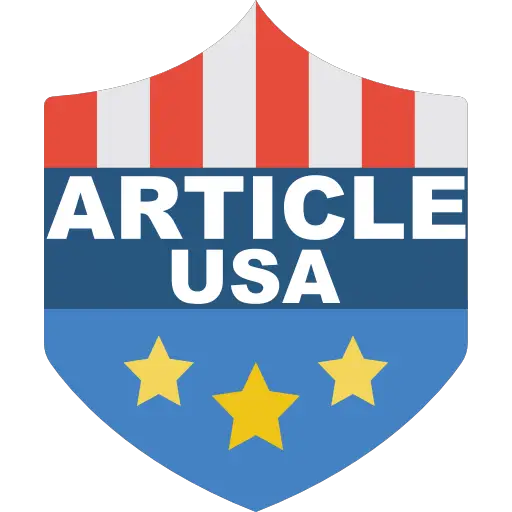
This month’s enchanted number is 10: Explicitly, the 10 abilities considered most important by participants in APQC’s Future Skillsets of Procurement Experts research. The importance attributed to these abilities by procurement experts from a wide scope of organizations and industries points to a future in which procurement is a strategic colleague that drives esteem: Eight out of 10 abilities include constructing and navigating relationships with internal or external stakeholders, and interactive abilities dominate the list. While nobody can know what the future will bring, people who actively invest in building their abilities in these key regions will be totally ready come what may.
1. Business ethics
Business ethics include the application of ethical standards in the business environment Strategic Sourcing. It’s nothing unexpected that this expertise topped this list, on the grounds that unethical procurement practices-like pay off, unlawful sourcing, or bid fixing can land organizations in immense trouble with customers, investors, and regulatory authorities. But it’s not just about staying away from bad behavior; business ethics are likewise critical for accomplishing corporate sustainability, social government assistance objectives, and fair treatment for providers.
2. Communication
Procurement needs strong oral and written communication abilities to understand the requirements of the business, explain expectations with providers, and maintain positive relationships with both providers and the business. One trend that is taking hold is the utilization of more collaborative requests-for instance, “Request for Solution” and “Request for Partner”- to better adjust stakeholder and providers during the bid interaction. These collaborative methods are essential when an organization strategically moves to more esteem based sourcing plans of action, for example, execution based or Vested agreements.
3. Stakeholder management
Stakeholder management includes identifying internal and external stakeholders, determining their requirements and objectives, communicating with them, and positively captivating and affecting them to accomplish an ideal outcome. A central issue to recall is that stakeholder management isn’t “one size fits all.” The book Strategic Sourcing in the New Economy, for instance, underlines that the requirement for stakeholder management increments for more strategic sourcing plans of action.
4. Relationship building and management
Relationship building and management includes intentionally creating relationships to deal with the business through insight and analytics that drive oversight (rather than micromanagement) across all levels and functions, internally, and with providers. Having the interpersonal capability to oversee and impact relationships is an expertise that people need to create for the future. Contemporary sourcing programs are tending to this need by going past stakeholder management and striving to officially incorporate positive relationships into their sourcing processes.
5. Provider relationship management
Provider relationship management (SRM) includes establishing administration components to empower healthy provider relationships. The University of Tennessee’s spearheading work on SRM outlines a spectrum of provider relationships, from essential suppliers toward one side to equity partnerships at the other. At the transactional end of the continuum, provider relationships are mostly centered around characterized execution of a task or item within the constraints of the buy request. Organizations utilizing execution based or Vested sourcing models, paradoxically, will depend on greater collaboration and more sophisticated SRM techniques.
6. Critical thinking
In the context of procurement, critical thinking implies the investigation of facts to determine a game-plan. Procurement experts will require a changed set of abilities that incorporate observation, interpretation, reflection, evaluation, critical thinking, and decision making to break down a wealth of facts and figures to select the best-fit providers. These abilities are priceless not just for new sourcing initiatives but additionally for the ability to step back and course-correct when things are getting off course.
7. Administration
Administration implies directing, helping, and being a good example for others. Organizations can tap into various administration training courses that give tools and techniques to home initiative capabilities. NEVI’s Procurement Authority Program, for instance, is centered around initiative and stakeholder management abilities. In addition to formal training, best-practice authority development ought to likewise incorporate profession guides with cross-functional training, position rotations, and formal mentoring programs with demonstrated pioneers.
8. Complex direction
Complex direction is the most common way of evaluating multiple options to determine the best strategy for situations where there isn’t one “right response.” This expertise often becomes an integral factor while monitoring and overseeing relationships with providers. Whenever things turn out badly, procurement experts need to know when and how to rescue troubled provider relationships or cut ties, and what the results are for both paths.
9. Traditional negotiation
While negotiation is an expertise region where organizations are not hesitant to invest, they should rethink their way to deal with training as they plan ahead. The traditional center has been guaranteeing that the arrangement in question is ‘fair,’ but static arrangements often get out of balance to a point where the arrangement is not generally seen as fair by one or both parties. Organizations will progressively have to negotiate more adaptable contracting systems – particularly for more strategic partnerships.
10. Team player
Being a team player implies showing commitment to the organization, its main goal, and associates. Team players are dependable, capable, and adaptable. They are transparent about their own limitations, consider themselves accountable, and will take on additional responsibilities or put in a couple of extra hours when and where required. Progressively, being a team player likewise implies showing active types of cooperation and altruism toward external associates and colleagues.




